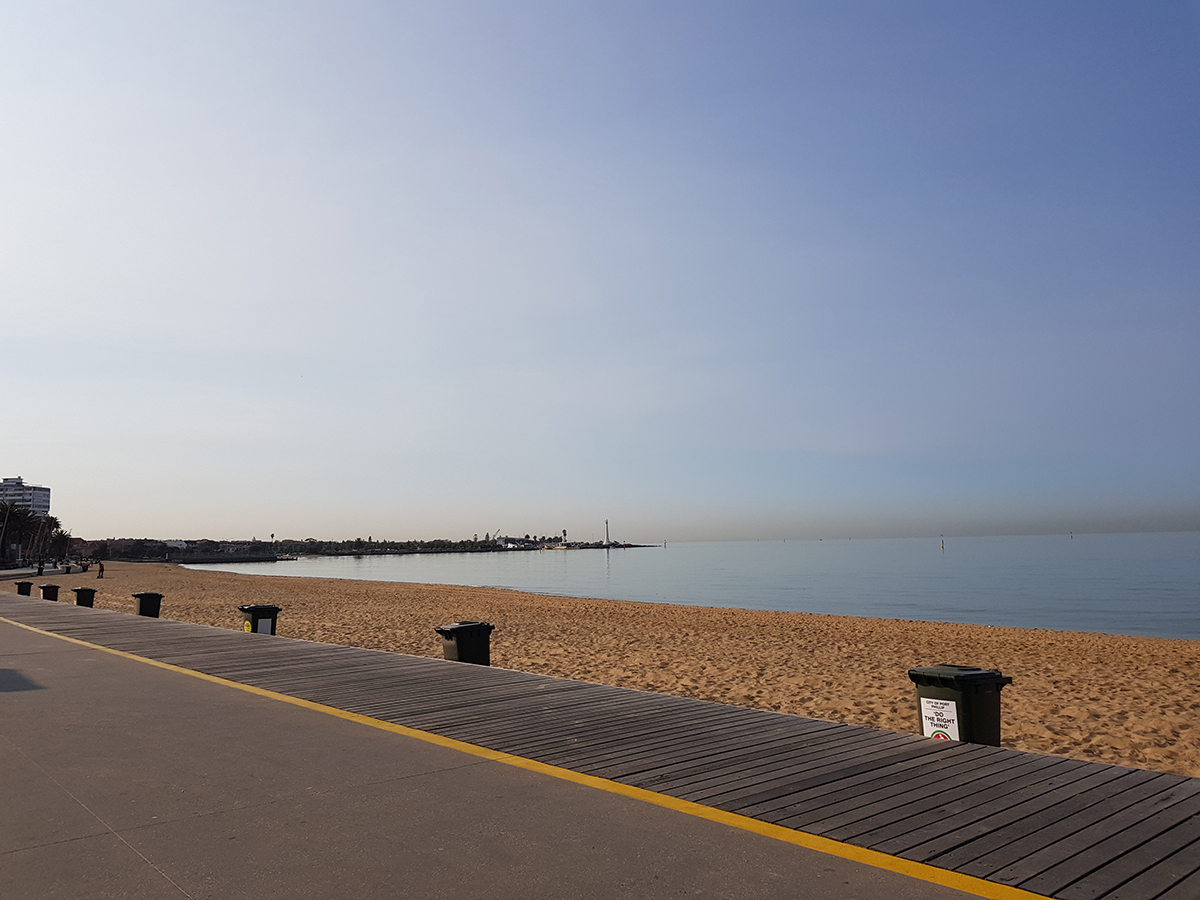Budget 2022 acts like the climate and extinction crises are not happening, continuing the Morrison government’s support for fossil fuel industries and treating nature like an optional extra, rather than an essential support service, the Australian Conservation Foundation said.
“Parts of NSW are flooding for the second time this year, the Great Barrier Reef is suffering its sixth mass bleaching event and koalas have been added to the endangered list, but this budget ignores these crises and continues to pump up the fossil fuel industries,” said ACF’s Economy and Democracy Program Manager, Matt Rose.
“This budget’s priorities are out of whack with the massive challenges of the real world.
“While the government has allocated $50m for koala conservation, it has loaned more than three times as much, $175m, to the Olive Downs coal mine in central Queensland and approved the clearing of around 5,000 hectares of koala habitat at the mine site.
“And while the $1bn over nine years for Great Barrier Reef conservation is welcome, contrast that with the billions being spent – every year – to encourage the growth of fossil fuel industries, which are smashing the reef via all-too-regular bleaching events.
“ACF does not support the reduction in fuel excise. The government could help Australians cope with the rising cost of fuel through targeted payments to people who need it.
“Cutting the fuel excise does not drive the transition to clean transport.
“Encouraging the uptake of electric vehicles and boosting investment in public transport would cut Australia’s transport emissions and reduce our reliance on imported fuel.
“The government’s own figures show spending on climate change measures will decline every year for the next four years.
“Research shows that if the federal government spent $2 billion a year for 30 years, we could restore almost all (99.8%) of Australia’s degraded terrestrial ecosystems.
“This budget treats nature like an optional extra, rather than what it really is: essential to our supply of clean air, healthy food, fresh water and a safe climate.”
Nature and heritage
$1bn over nine years to combat pest species, reduce run-off and improve water quality on the Great Barrier Reef is welcome, but the biggest threat to the reef remains climate change.
$50m for koala conservation is welcome, but more needs to be done to protect koala habitat.
$128.5m for environmental law reform is primarily focused on streamlining and fast-tracking commercial project approvals rather than on reforms needed to protect and restore nature.
$804.4m for scientific work in Antarctica, including $7.4m over five years for climate change resilience and adaptation research in Antarctica.
$636m over six years to expand the Indigenous Rangers program is very welcome.
$11m over two years for Indigenous cultural heritage reforms.
Fossil fuels
$37.6bn across the forward estimates for fuel tax credits, which allows multinational companies like Rio Tinto, BHP and Glencore to pay no tax on their off-road diesel use, subsidising climate pollution, discouraging innovation and stinging taxpayers.
$300m for liquefied gas and hydrogen production in Darwin.
$50m for gas infrastructure and studies in NSW, the NT, Queensland and Victoria.
$7.5m for gas exploration in the Beetaloo Basin.
Dams in Queensland
$5.9m for the Hells Gates and Urannah dams in north Queensland – allocated before feasibility studies or environmental impact assessments – looks like bad news for wildlife, for water supply, for Aboriginal heritage, for the climate and for taxpayers.
Climate change and energy transition
Climate spending is forecast to fall from $2bn in the next financial year to $1.9bn, $1.5bn and $1.3bn over the following years.
ACF was denied access to this year’s pre-budget lock-up.




